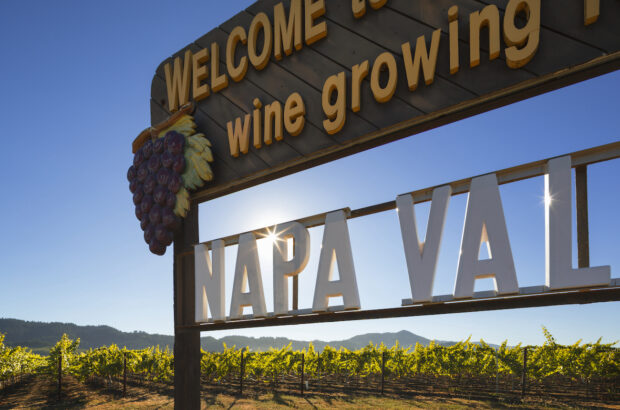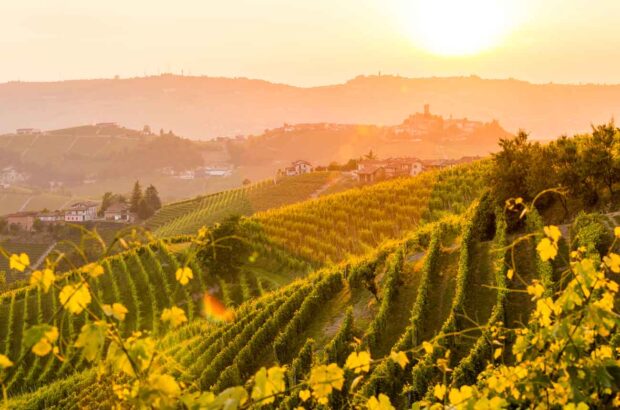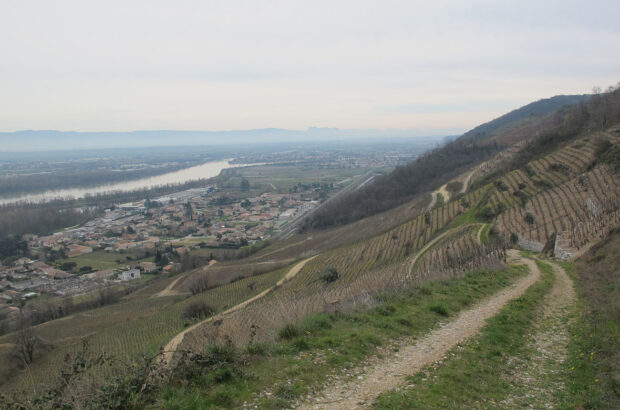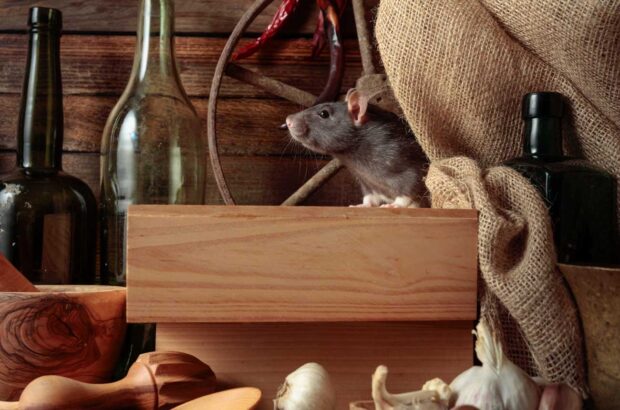Find out why it makes the Decanter wine hall of fame...
Wine Legend: HM Borges, Terrantez 1862
Bottles produced N/A
Blend 100% Terrantez
Yield N/A
Alcohol 20%
Release price N/A
Price today: Expect to pay at least £1,800
A legend because…
Michael Broadbent says the 1862 was not only the best vintage of Terrantez ever made but ‘the greatest of all Madeiras’. Scarcity has always given wines from Terrantez a high reputation, but few examples have proved more persuasive than this. Given the near extinction of the variety in the 20th century, remaining bottles from the 19th century have been especially prized.
Looking back
This wine was not originally made by Borges as the firm was only founded in 1877, by Henrique Menezes Borges. Like other firms on the island, Borges bought up stocks of old wines from other companies and from private collectors – this Terrantez was sourced from TT De Camara Lomelino. One of Borges’ activities was to supply other shippers with these wines, and many bottles of the 1862 are from stocks bought by the firm Leacock. The Borges company still exists and is run by the fourth generation of the founding family.
The vintage
In 1851 Madeira’s vineyards were devastated by oidium (powdery mildew), which destroyed most of the island’s vines. By the early 1860s the vineyards were just beginning to recover but production in 1862 was still very low.
The terroir
The vineyards from which this wine was made belonged to João Alexandrino Santos, but he owned many properties so the precise origin is not known. It was not unusual for wine companies to buy old stocks of finished wine, either to blend them or to age them further as vintage wines. This was no exception. Terrantez, which combines high acidity with richness of fruit, is a tricky variety to grow, but was acclaimed in the 18th and 19th centuries as the source for some of the greatest Madeiras. It was originally grown near Lamego in the Douro valley but phylloxera led to its virtual disappearance, so 20th-century Terrantez wines are exceedingly rare.
The variety is gradually being replanted, but it is unlikely that, even today, more than a few hectares are under vine.
The wine
Like all vintage Madeiras this would have spent decades in casks, subject to extremes of summer and winter temperatures to give an even oxidation. The wine would eventually be transferred to demijohns and bottled on demand, or at a slow pace so as to maintain stocks for decades. Borges’ 1877 Terrantez was still in demijohns in 2014, but the 1862 was moved to demijohns in 1905, bottled in 1936.
The reaction
Michael Broadbent in 1994 recalled he had tasted the wine five times, noting ‘an almost overwhelming bouquet and flavour, high toned, tangy, scented, power and delicacy magically combined… Sweeter than some Terrantez, with slight touch of singed caramel and chocolate’. Retasting the wine in 2010, he found his earlier note still valid. This was also one of the very few wines to which he awarded ‘At best six stars’ in Vintage Wine.
Richard Mayson in his 2015 book Madeira, has a note from 2009: ‘Like a good old amontillado but without the tang, candied peel with a touch of coffee and butterscotch; a slightly cask finish.’
In his book on Madeira (2014 edition), Alex Liddell was captivated: ‘Astonishingly full and assertive bouquet [of] candied peel, coconut and kiwi fruit; immensely weighty on the palate… but behind the opulence, a steely backbone of acidity; almost medicinally dry, with a bitter finish and length which goes on and on…Sensational. A giant among giants.’
More wine legends:







